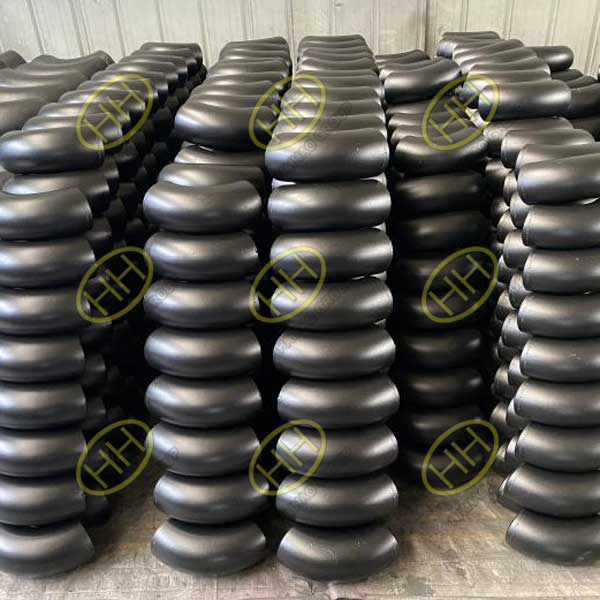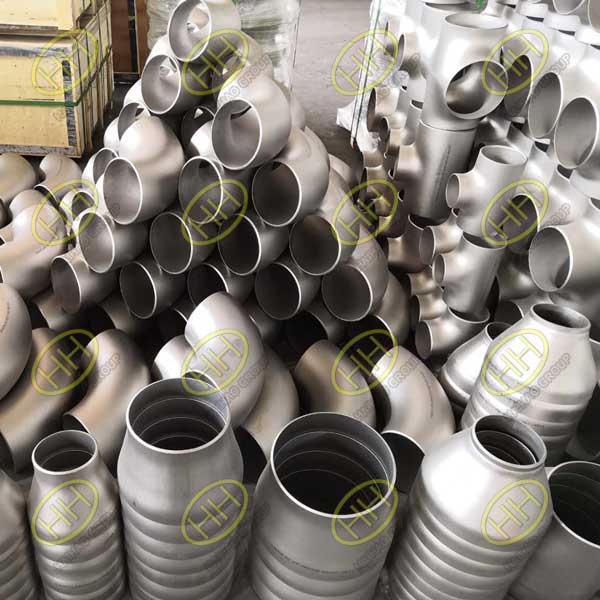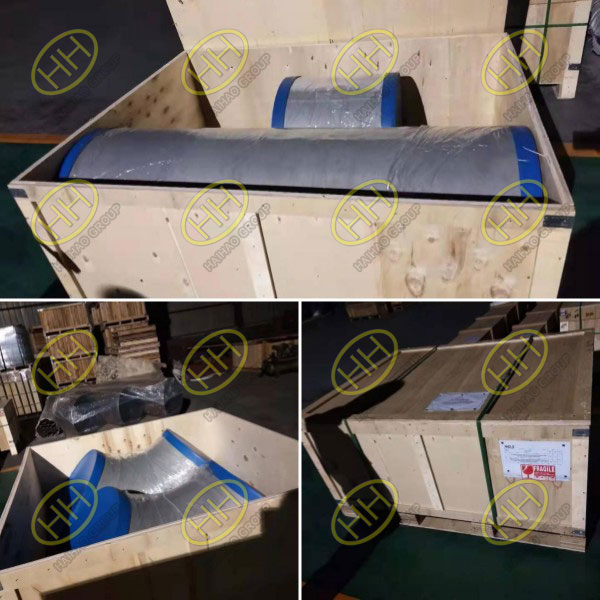Carbon steel, stainless steel, or alloy steel? Understanding the differences in pipe fittings
When it comes to pipe fittings, the material used can greatly impact the performance and longevity of the product. At our company, we offer a wide range of options including carbon steel, stainless steel, and alloy steel fittings. In this article, we will explore the differences between these three materials and the unique characteristics they offer.

Carbon steel 90 degree elbows
Carbon Steel Fittings: Carbon steel is a common and cost-effective material used in pipe fittings. It contains a lower percentage of alloying elements, primarily carbon, and iron. Carbon steel fittings are strong, durable, and resistant to corrosion. They are a popular choice for industrial and construction applications where high strength and reliability are required. Our carbon steel fittings include ASTM A234 WPB, ASTM A420 WPL6, and other grades.

Stainless steel pipe fittings
Stainless Steel Fittings: Stainless steel is an alloy made from iron, chromium, and other elements such as nickel and molybdenum. It is known for its excellent corrosion resistance and durability, making it a popular choice for harsh environments. Stainless steel fittings are commonly used in industries such as chemical processing, oil and gas, and food and beverage. We offer a range of stainless steel fittings including ASTM A403 WP304/304L, WP316/316L, and other grades.

Alloy 800 elbows and pipes
Alloy Steel Fittings: Alloy steel is a type of steel that contains multiple alloying elements, such as chromium, molybdenum, and nickel. This type of steel has excellent strength and durability, making it ideal for high-pressure and high-temperature applications. Alloy steel fittings are commonly used in industries such as petrochemical, power generation, and aerospace. Our alloy steel fittings include ASTM A234 WP5, WP9, WP11, WP22, and other grades.
At our company, we understand that each application has unique requirements. That’s why we offer a comprehensive range of carbon steel, stainless steel, and alloy steel fittings to meet the needs of our customers. Whether you require fittings for low or high-pressure applications, we have the expertise to recommend the right material and grade to suit your needs.
Understanding the differences between carbon steel, stainless steel, and alloy steel is important when choosing the right pipe fittings for your application. At our company, we offer a complete range of products made from these materials, ensuring that our customers have access to the right fittings for their specific needs.

